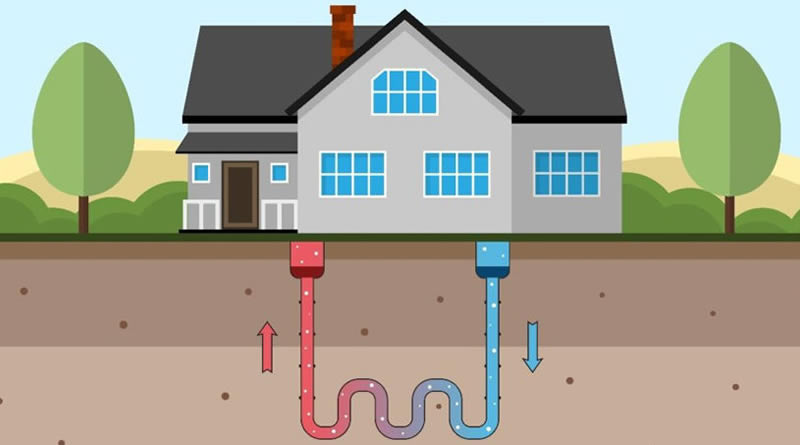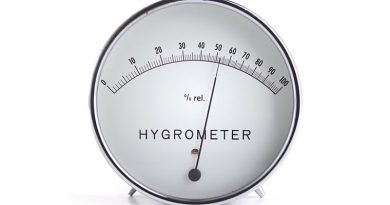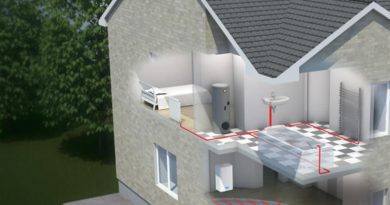The Impact of Geothermal Energy Utilization on HVAC Systems
Geothermal energy, derived from the heat stored within the Earth, is a sustainable and renewable energy source that has gained attention for its various applications. One area where geothermal energy has a significant impact is in HVAC (Heating, Ventilation, and Air Conditioning) systems. In this article, we will explore how the utilization of geothermal energy affects HVAC systems and the benefits it brings.
Understanding Geothermal Energy
Geothermal energy harnesses the heat trapped beneath the Earth’s surface. This heat originates from the Earth’s core and is constantly replenished by geothermal gradients and radioactive decay. By tapping into this natural heat source, geothermal systems can provide heating, cooling, and hot water for residential, commercial, and industrial buildings.
The Functioning of Geothermal HVAC Systems
Geothermal HVAC systems, also known as geothermal heat pumps or ground-source heat pumps, leverage the stable temperatures found underground to efficiently heat and cool spaces. These systems consist of three main components: the heat pump unit, underground piping or loops, and a distribution system.
During the heating mode, the geothermal heat pump extracts heat from the ground through the underground loops and transfers it to the building. In the cooling mode, the process is reversed, with the heat pump removing heat from the building and transferring it back to the ground. This cycle is achieved by circulating a refrigerant through the loops, which absorbs and releases heat as it changes between gaseous and liquid states.
The Impact on HVAC Efficiency
The utilization of geothermal energy in HVAC systems brings several benefits, primarily in terms of energy efficiency. Geothermal heat pumps can achieve high coefficients of performance (COP), which represent the ratio of heat output to electrical energy input. Compared to traditional heating and cooling methods, geothermal systems can deliver up to four units of heat for every unit of electricity consumed, resulting in significant energy savings.
Geothermal systems also benefit from the stable underground temperatures, which remain relatively constant throughout the year. This stability allows the heat pumps to operate efficiently without being affected by extreme outdoor temperatures. As a result, geothermal HVAC systems have improved overall efficiency and can provide consistent heating and cooling performance.
Environmental Impact and Sustainability
The use of geothermal energy in HVAC systems contributes to a reduced carbon footprint and environmental impact. Geothermal heat pumps utilize a renewable energy source, as the Earth’s heat is continually replenished. By relying on this clean and sustainable energy, geothermal systems can help mitigate greenhouse gas emissions and reduce dependence on fossil fuels.
Furthermore, geothermal HVAC systems do not require combustion processes, eliminating the release of harmful pollutants and particulate matter. This enhances indoor air quality and creates a healthier environment for occupants.
Long-Term Cost Savings
While the initial installation cost of a geothermal HVAC system may be higher compared to conventional systems, the long-term benefits can outweigh the upfront investment. The energy efficiency and lower operating costs of geothermal systems can lead to significant savings on utility bills over time. Additionally, these systems typically have longer lifespans and require less maintenance, further reducing overall costs.
In conclusion, the utilization of geothermal energy in HVAC systems provides numerous benefits, including improved energy efficiency, environmental sustainability, and long-term cost savings. By harnessing the Earth’s natural heat, geothermal HVAC systems offer reliable heating and cooling solutions with reduced environmental impact. As the demand for renewable energy grows, geothermal energy continues to play a vital role in creating sustainable and efficient HVAC systems.




